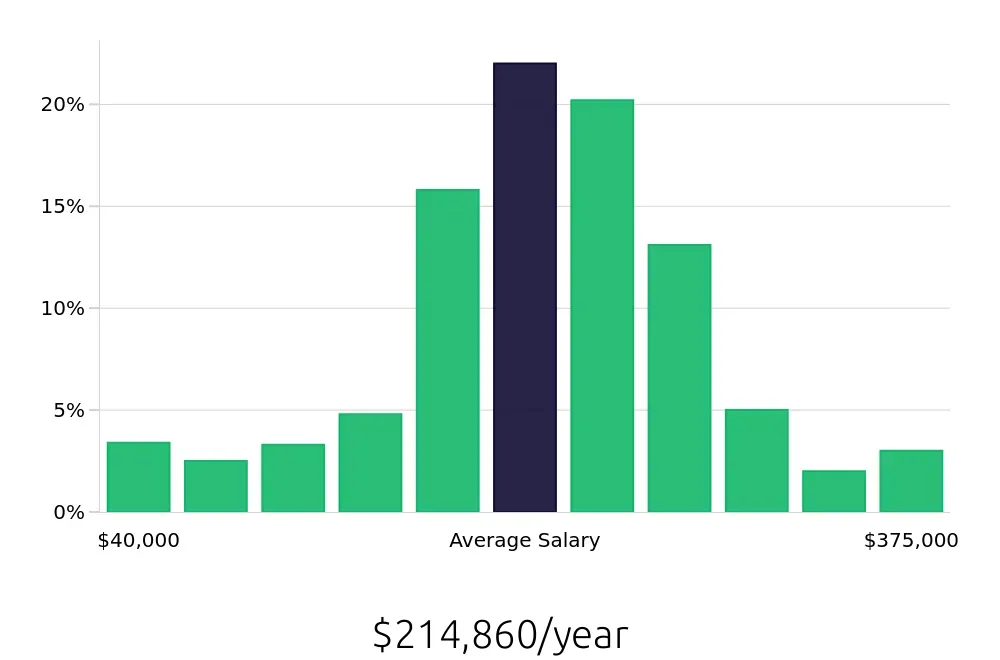Position
Overview
A pediatrician focuses on the health and well-being of children, from newborns to adolescents. This doctor specializes in understanding child development and providing medical care tailored to young patients. Pediatricians conduct regular check-ups, monitor growth, and offer vaccinations to protect children from diseases.
In addition to treating illnesses, a pediatrician also educates parents on child care practices. They discuss topics such as nutrition, safety, and mental health. Pediatricians work closely with families to ensure children receive comprehensive care. They play a crucial role in helping children grow up healthy and strong.
Becoming a pediatrician involves a clear and dedicated process. This path requires specific education and training. It is a rewarding career for those who wish to help children stay healthy.
Follow these steps to start your journey as a pediatrician. Each step is important for success in this field.
Interested in a career as a pediatrician? The journey starts with a solid foundation in science and medicine. The first step involves earning a bachelor's degree, typically taking about four years. This degree should include courses in chemistry, biology, and physics.
After completing the bachelor's degree, the next step is medical school. This lasts four more years. During medical school, students learn about various medical fields and complete clinical rotations. After medical school, they can start their residency in pediatrics. This specialized training takes three years. During the residency, they focus on caring for infants, children, and teenagers. The total time, from bachelor's degree to becoming a practicing pediatrician, usually takes about eleven years.
We are seeking a dedicated and compassionate Pediatrician to join our healthcare team. The ideal candidate will be responsible for providing comprehensive medical care to infants, children, and adolescents, ensuring their growth and development are on track and addressing any health concerns promptly.
Responsibilities:
Qualifications
Working as a pediatrician offers many rewards. These doctors care for children's health from birth through adolescence. They perform routine check-ups, treat illnesses, and provide vaccinations. They also guide parents on child development and nutrition. Being a pediatrician allows a person to make a real difference in young lives. They help families during some of the most important moments in their lives.
However, being a pediatrician comes with challenges. The job can be very demanding. Doctors often work long hours, including nights and weekends. They must stay up-to-date with the latest medical research. This can be time-consuming and stressful. Balancing work and personal life can also be tough. Despite these challenges, many pediatricians find the work deeply rewarding.
Consider these pros and cons before starting a career as a pediatrician:
Job seekers looking to enter the field of pediatrics can find a promising job outlook ahead. The Bureau of Labor Statistics (BLS) reports an average of 1,000 job positions per year. This steady demand shows a stable career path for those entering this field. The job openings are expected to grow by 0.9% from 2022 to 2032, indicating a positive trend in the job market.
Pediatricians enjoy competitive compensation, with an average national annual salary of $205,860. This high earning potential makes the career attractive for those who choose to specialize in child healthcare. The average hourly compensation stands at $98.97, reflecting the value placed on pediatricians' expertise and skills. These financial benefits, combined with the job outlook, make pediatrics a rewarding career choice.
The career path for pediatricians offers a blend of steady job availability and good financial rewards. The stable job openings and slight growth projection from the BLS suggest a secure career environment. For those committed to child health, the combination of job stability, growth potential, and good compensation makes pediatrics an appealing career option. Prospective pediatricians can look forward to a career that is both fulfilling and financially rewarding.
